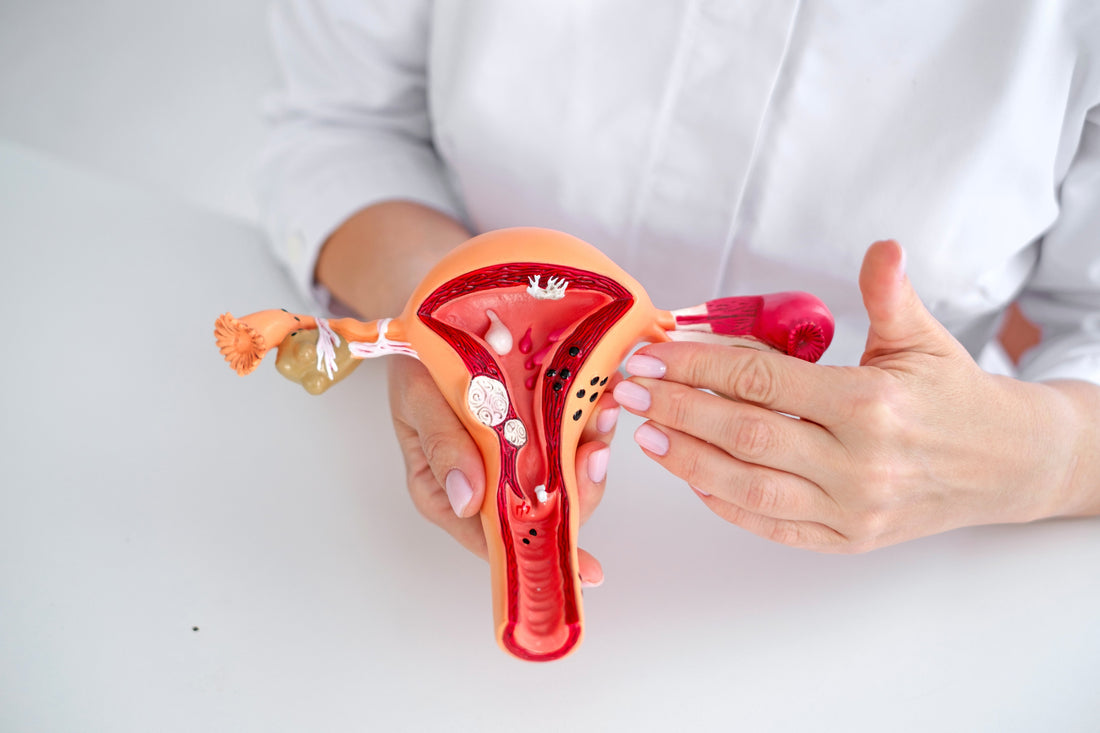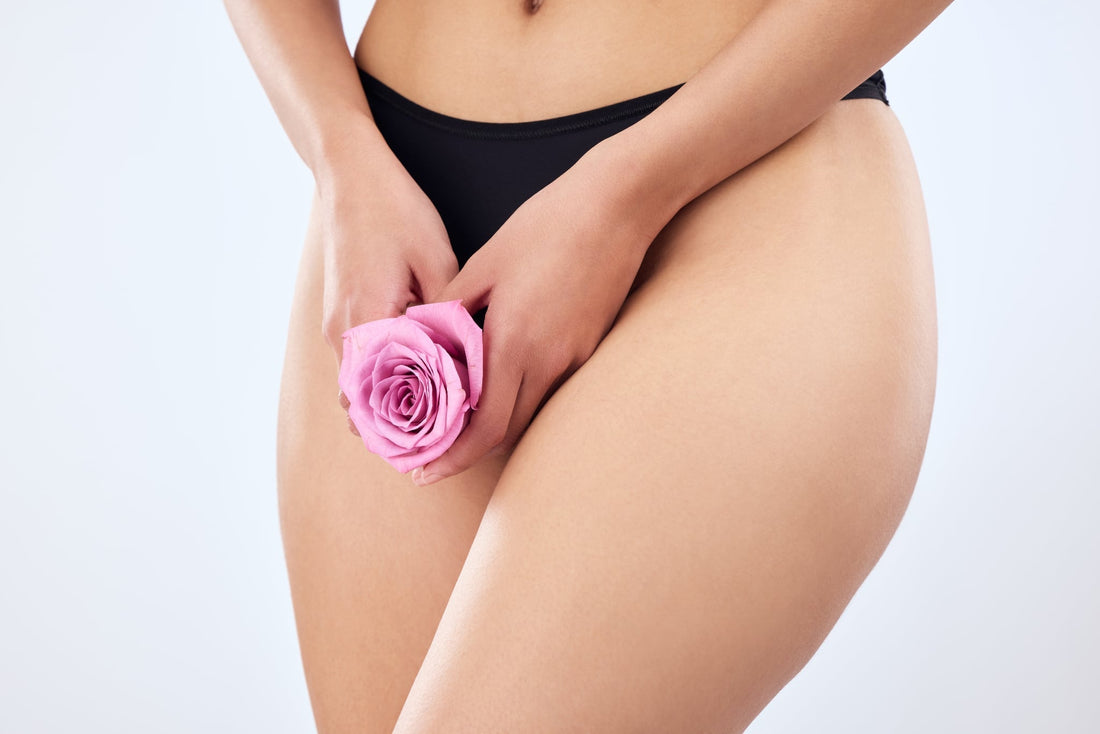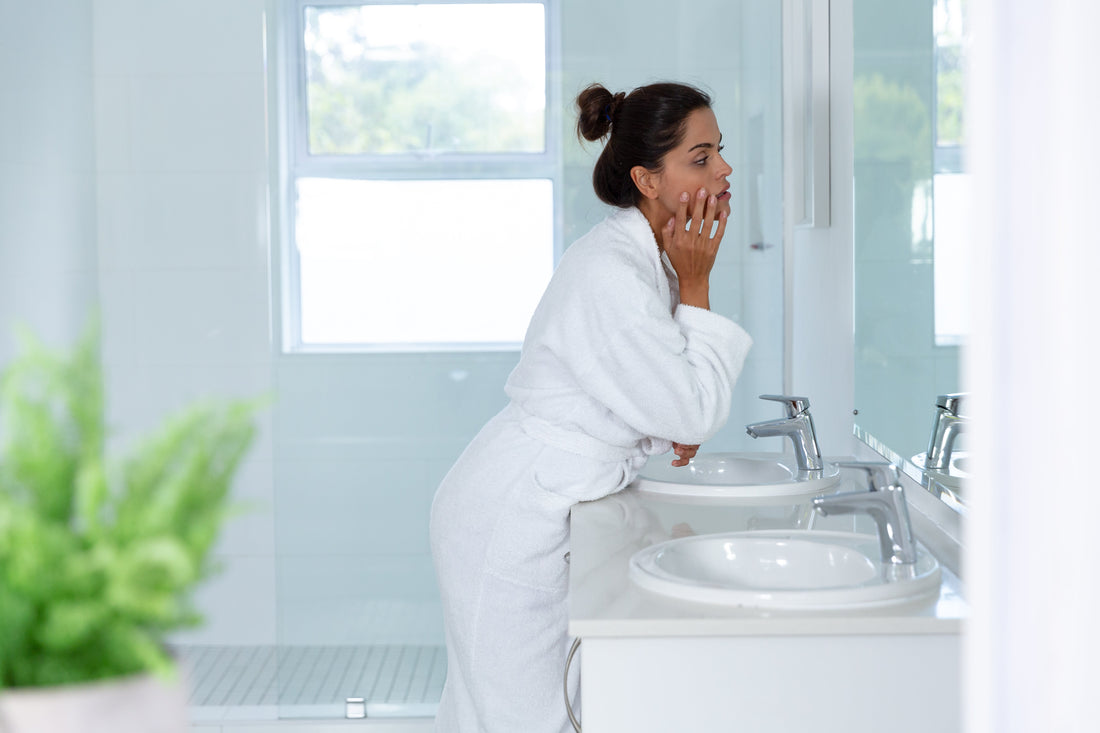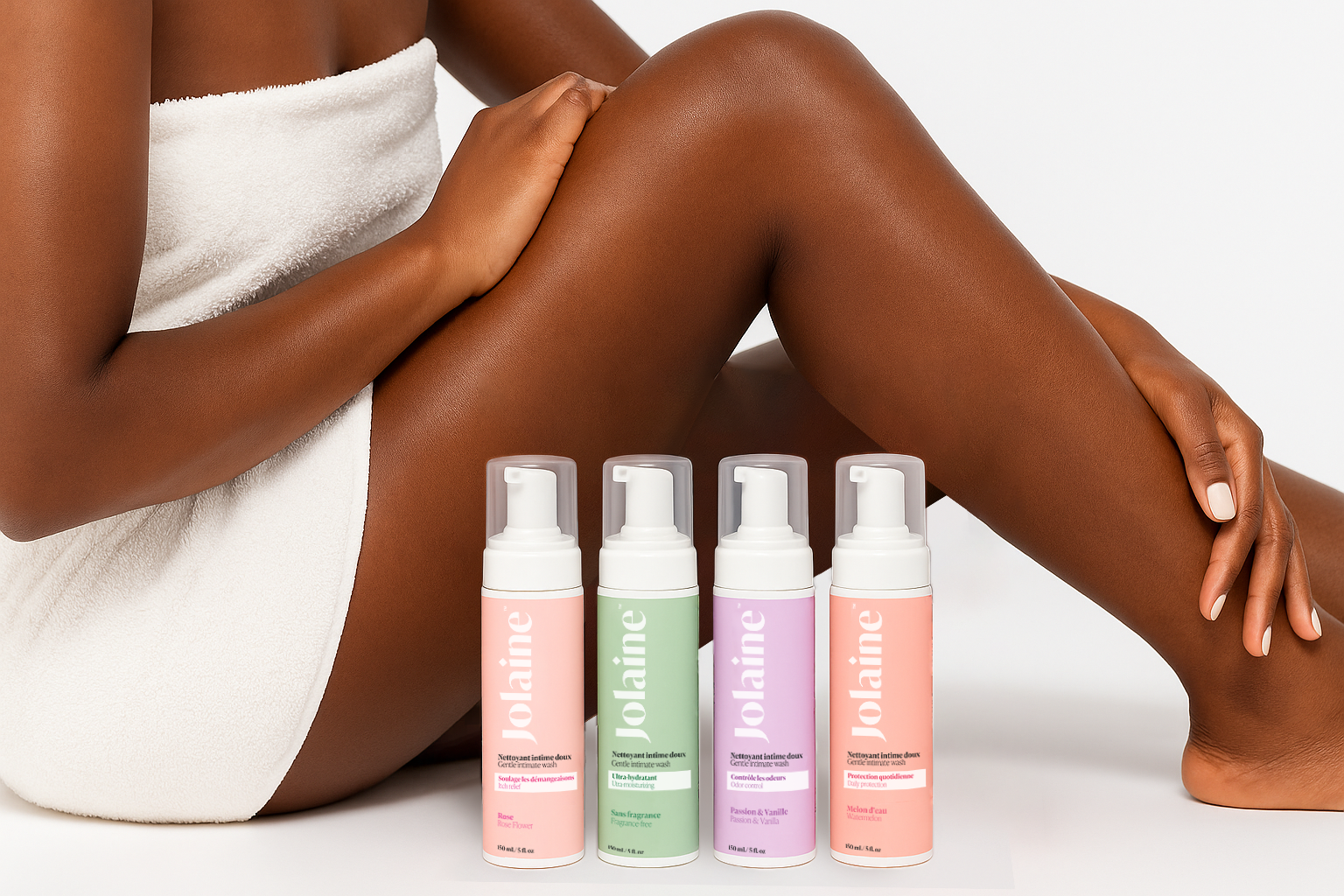Vaginal infections: an issue that affects 7 out of 10 women
Seven out of ten women.
That's the number of women who will experience at least one vaginal infection in their lifetime. It's huge. And yet, we barely talk about it.
This silence creates discomfort. It delays consultations. It perpetuates misconceptions.
By breaking this taboo, we open the door to understanding. And to prevention.
This text guides you. It informs you. It supports you. Without judgment. With clarity.
What the statistics say
Vaginal infections are not rare. They are common. Very common. And often recurring.
- 75% of women will have a vaginal yeast infection at least once.
- Bacterial vaginosis remains most common in women aged 15 to 44.
- After a first infection, more than one in two women will experience another.
- Some cases recur several times a year.
What are the most common types?
- Mycosis : caused by a natural fungus, Candida albicans, which proliferates when the flora becomes disrupted.
- Bacterial vaginosis : caused by an overgrowth of harmful bacteria and a decline in the good bacteria, lactobacilli.
- Trichomoniasis : a parasitic infection, rarer, but sexually transmitted.
Each type has its own specificities. And therefore its own treatment.
Why are they so common?
Because the vaginal flora is fragile. And its balance depends on many factors.
The slightest thing can tip it over.
Here's what can make all the difference:
- Antibiotics : They kill bad bacteria… but also good ones.
- Stress : It weakens immunity. It disrupts hormones.
- Hygiene products that are too aggressive : Soap not suitable for the intimate area, vaginal douche.
- Synthetic underwear : They retain moisture and promote irritation.
- Hormonal cycles : menstruation, pregnancy, menopause, the pill... all of these affect vaginal pH.
- Sexual intercourse : It can introduce new bacteria, even without STIs.
When the balance is lost, pathogens take over. And infection sets in.
Prevention and appropriate hygiene
Prevention is possible. It's even recommended. And it's not that complicated.
Start with what you eat
- Natural probiotics such as kefir, yogurt or sauerkraut strengthen the flora.
- Fibers support transit, immunity, and overall balance.
- Excess sugar promotes fungus. Reduce.
Cotton underwear
- Cotton is ideal. It lets you breathe.
- After sports or in summer, change your underwear. Quickly.
- At night? Try sleeping without underwear. It's beneficial.
And of course, hygiene
Wash the intimate area twice a day with a mild soap like Jolaine
- Jolaine is specially designed for feminine intimate hygiene .
- Avoid douching. It disrupts the flora.
- After using the toilet: Always wipe from front to back, never the other way around.
Consider vaginal probiotics
As a supplement. As a preventative measure. After treatment. They help rebuild healthy flora.
Choose tested and gentle products
No hand soap. Nor traditional shower gel or body wash, as the pH of these products is generally above 8. Jolaine intimate cleansers are designed with a pH between 4 and 5. They are also tested and approved by dermatologists, making them a safe choice for the vulva. Intimate skin has its needs. Its own pH. Its own sensitivity.
A suitable product is:
- A physiological pH , which respects that of the intimate area (pH4-5).
- A formula without chemical perfume , without alcohol, without irritating preservatives.
- A dermatological test to ensure its tolerance.
Try Jolaine Care's Intimate Foaming Cleanser . It gently cleanses. It respects the flora. It soothes irritation.
Using gentle care every day protects your intimate area. Naturally.
When to consult a professional?
When symptoms return. Or don't go away.
When you hesitate. Or have doubts.
Don't stay alone. Consultation isn't a luxury. It's a reflex.
Here are the signs not to be overlooked:
- Unusual discharge: more abundant, smelly, colored.
- Itching, tingling, burning sensations.
- Pain during intercourse.
- Redness, swelling, discomfort.
- Close recurrences: two or more times per year.
Why consult?
- To make a true diagnosis, differentiate between mycosis, vaginosis or other.
- To avoid inappropriate or ineffective self-medication.
- To rule out an STI, sometimes silent, but serious.
- To receive appropriate treatment and, if necessary, prevent recurrences.
A professional knows the right actions. They can provide relief, guidance, and reassurance.
Conclusion: better knowledge, better prevention
A vaginal infection is common. But it's not something to be taken lightly.
It's uncomfortable. Sometimes painful. Always embarrassing. But never shameful.
Every woman can take action. By understanding her body. By choosing the right products. By consulting at the right time.
Intimate health is just as important as anything else. And it deserves to be listened to.
With respect. With gentleness. With trust.
To learn more:
Intimate hygiene and natural pH: the balance to preserve
FAQ: Vaginal infection
1. Is a vaginal infection an STI?
No. Most are caused by an imbalance in the flora. They are not sexually transmitted infections.
2. Can we have several in a year?
Yes. But if they are frequent, it is best to consult a doctor to find the cause.
3. Does diet play a role?
Yes. Less sugar, more probiotics: it's good for the flora.
4. Can I use intimate wipes?
Yes, if they are gentle, free of synthetic fragrances, and designed for this area. Use occasionally.
5. Can menstruation trigger an infection?
Yes. Hormonal changes and humidity can disrupt intimate balance. Hence the importance of good hygiene during menstruation.
Thank you for reading us and for being part of the Jolaine community , where every woman deserves to feel good, beautiful and confident. 💕
Any questions? Write to us: info@jolainecare.com .






